The Power of Not-For-Profits to Drive Solar Deployments in Africa
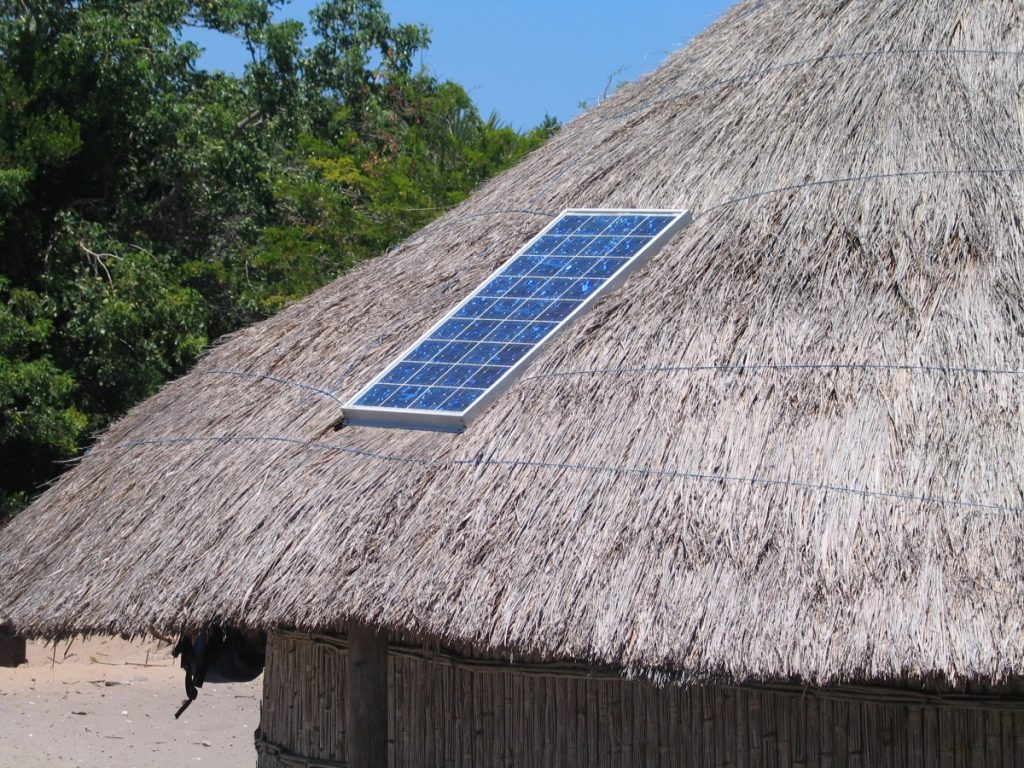
How have not-for-profits impacted the distributed solar industry in (sub-Saharan) Africa in terms of carbon emissions, energy inequity and economic / financial stability
How Corporate Partnerships Unlock Key Commercialization Pathways for Climate Tech Startups

For startups in general and climate tech startups in particular, corporations unlock key commercialization pathways. Startups can envision the corporate partnership trajectory as having three main phases: exploration, testing, and commitment.
Debt Financing Via International Investment

How has international investment into debt financing supported solar products in addressing climate change and energy inequity in sub-Saharan Africa
Lake Kivu • The Danger Of A Limnic Eruption
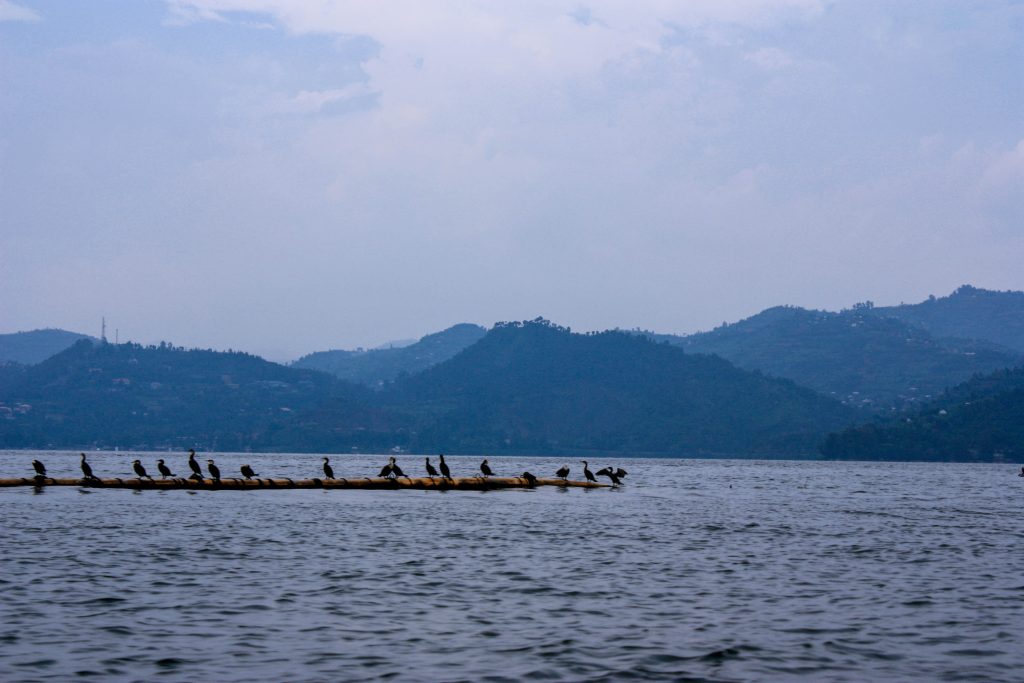
Lake Kivu is one of the African Great Lakes, located on the border between the Democratic Republic of the Congo (DRC) and Rwanda. Its claim to fame is not pristine waters, rare fish, or an elegant shoreline. Instead, Lake Kivu, along with Lake Nyos and Lake Monoun, share the deadly habit of sporadically belching massive gas clouds of carbon dioxide.
How African Solar Addresses Energy Inequity
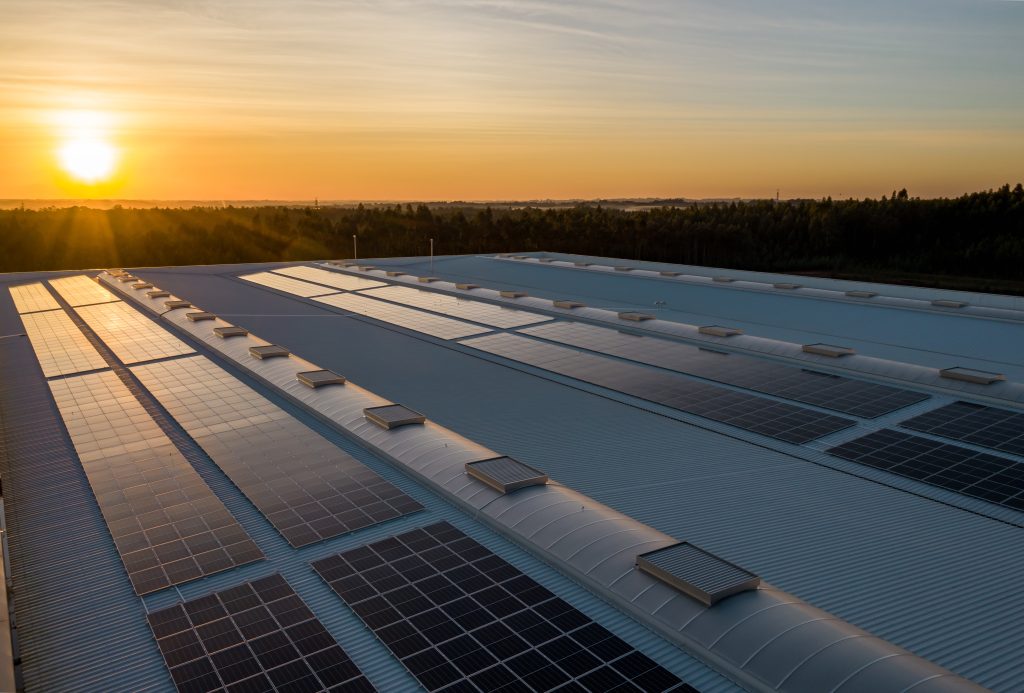
Community solar may not seem like an energy source with enough ground shaking force to make an impactful dent in the goal to reach net zero emissions. However, with scale comes strength. As of the end of Q2 2021, there was an estimated 3.4GW of community solar installed and available in the US. While this only […]
A Recipe For Biomass-Based Carbon Removal
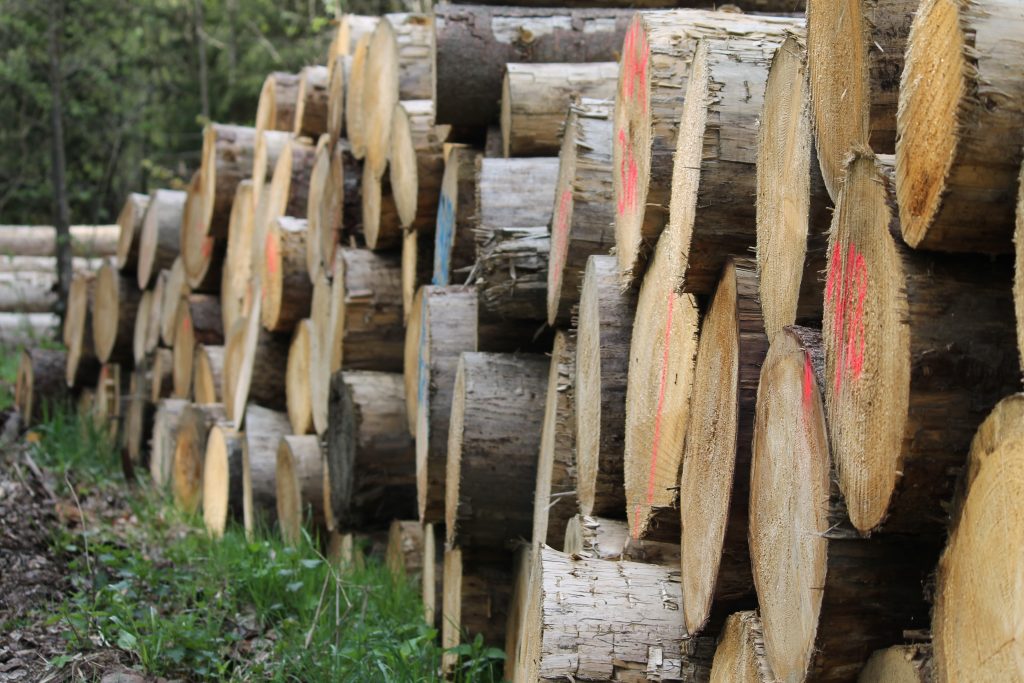
Waste biomass input -> process (pyrolysis) -> CO2 removal via conversion of biomass to a stable output (biochar and bio-oil).
Out on the Arctic Frontier: Exploring Pleistocene Park’s Attempt at Rewilding the Tundra
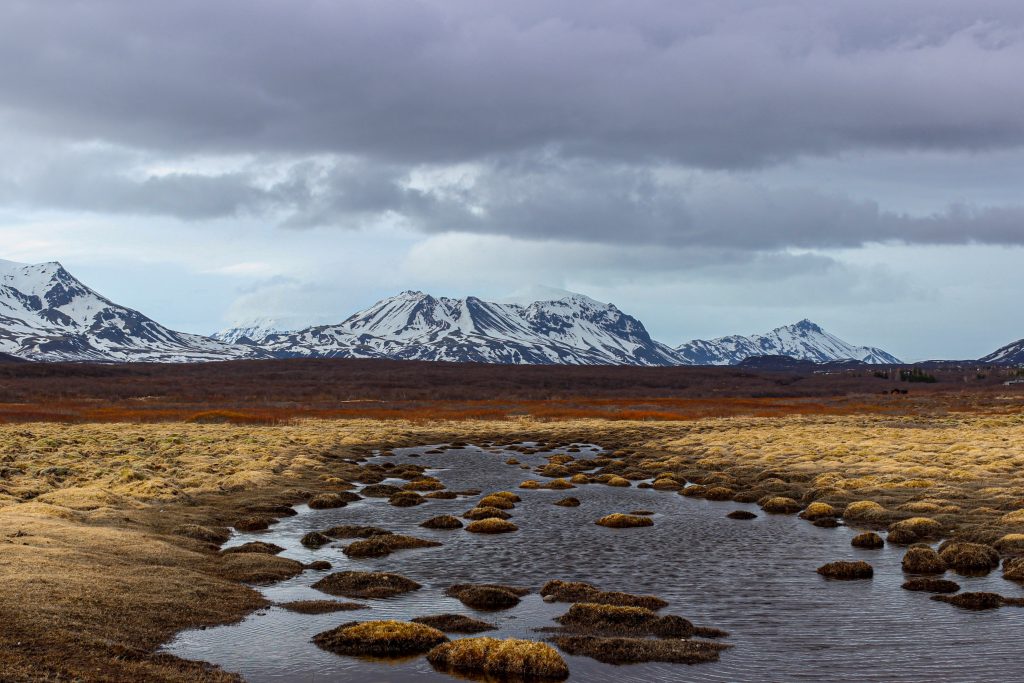
The Arctic permafrost zone is proving to be one of the many frontiers in the impending battle to reverse climate change. This past summer, climate scientists sounded a loud alarm – the Arctic is warming at more than twice the global rate and this warming together alongside increasing wildfires are accelerating the thaw of the Northern permafrost.
Biomass-Based Carbon Removal

Here, we’ll focus on biomass-based carbon removal. On a basic level, this means that biomass, typically waste biomass, is converted through some process into a more stable form.
Reforestation’s Crucial Role as a Carbon Sink

Reforestation has started to garner a larger portion of the general public’s attention. Its importance in habitat and wildlife conservation, its key role in supporting rural populations, and the growing need to reforest areas ravaged by wildfires are all strong motivators.
Case Study: When it makes sense for utilities to island its customers
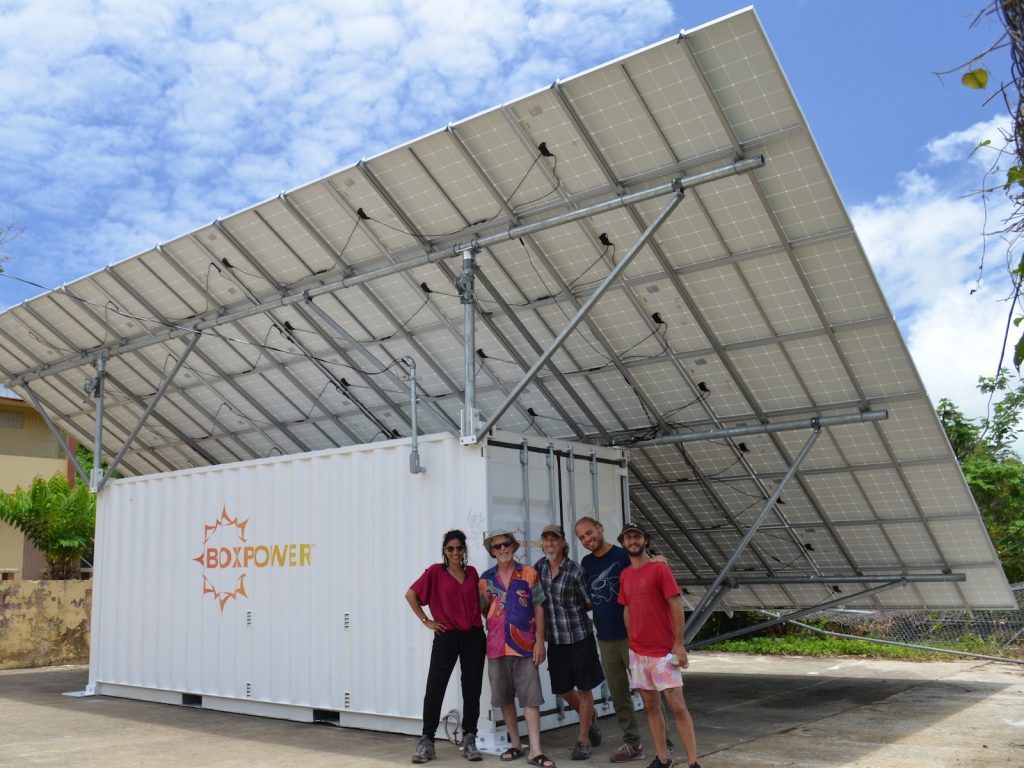
In some cases it does make sense for utilities to island customers from their electric grid and BoxPower is one such company helping service that need.
Conservation’s Crucial Role as a Carbon Sink
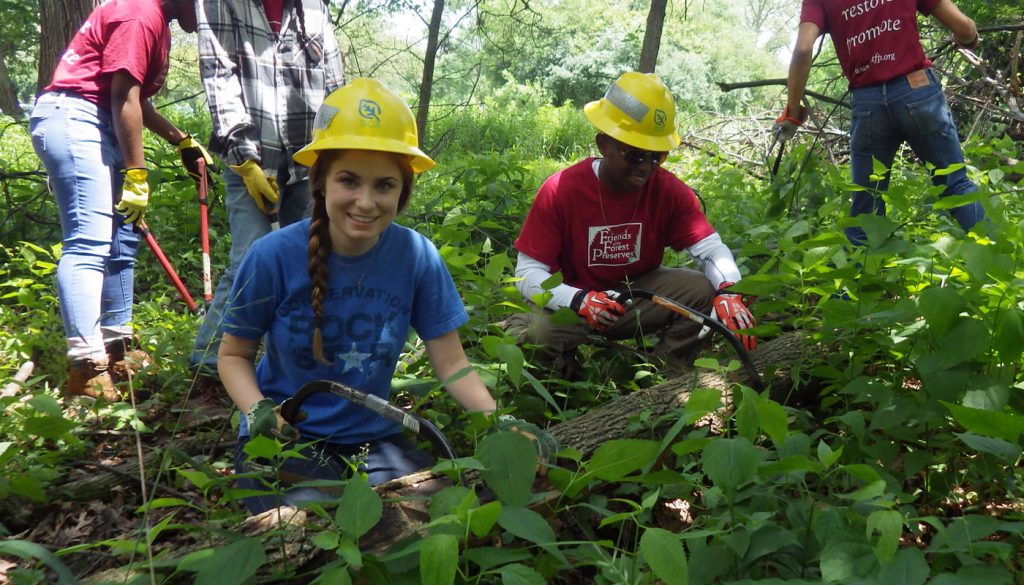
Conservation, as we’ve seen, is vastly important. It takes much more time to break, remake, and then wait for the gains to hopefully reappear. Governments and businesses alike must adjust their definition of value so that the long-term benefits of our environmental impact weigh more heavily than the short-term cost of investment and a quick turnaround to profitability.
Yotta Energy Is Making Storage Easy To Deploy On Commercial Buildings
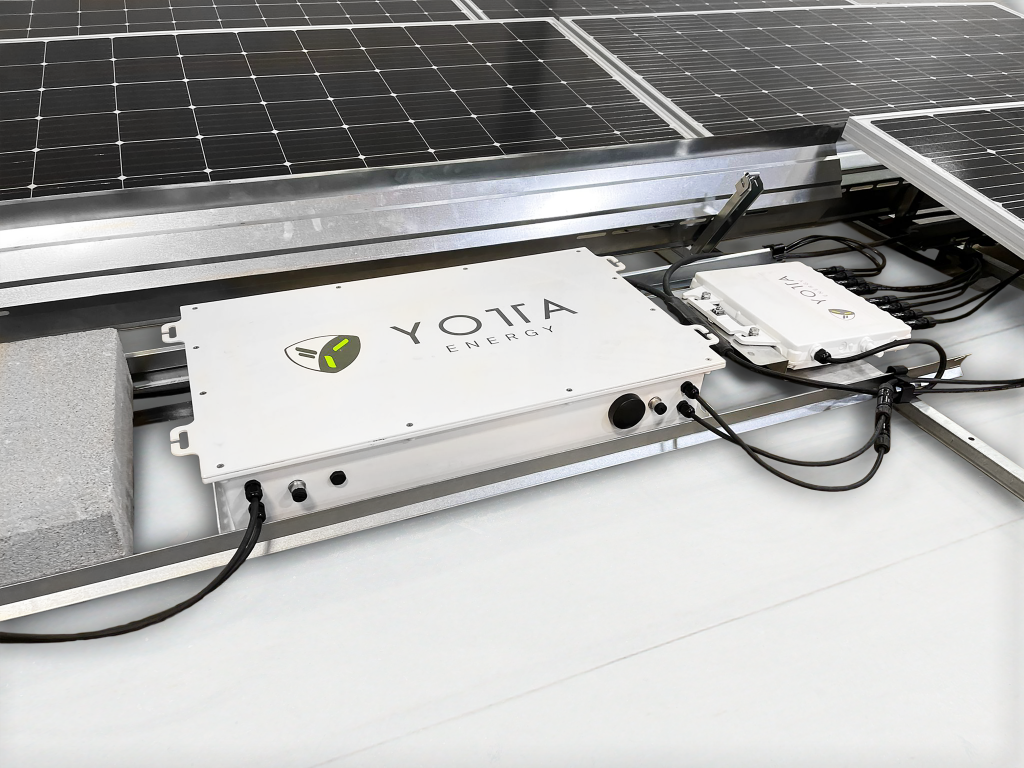
Yotta [yah-tah] Energy – founded by Omeed Badkoobeh and Vikram Iyengar – is building a solution to address the system design and standardization as well as the project economics challenges plaguing solar installers in closing more deals in the C&I market.
Everyone Should Understand The Carbon Cycle

Measuring carbon levels is important because it is our planet’s natural thermometer. Earth’s atmosphere regulates temperature and will respond to extreme imbalances much like how the human body does once it reaches an internal temperature of around 104°F (40°C): the major organs that give us life will begin to break down.
Why Clean Energy Startups Underestimate Selling To Utilities
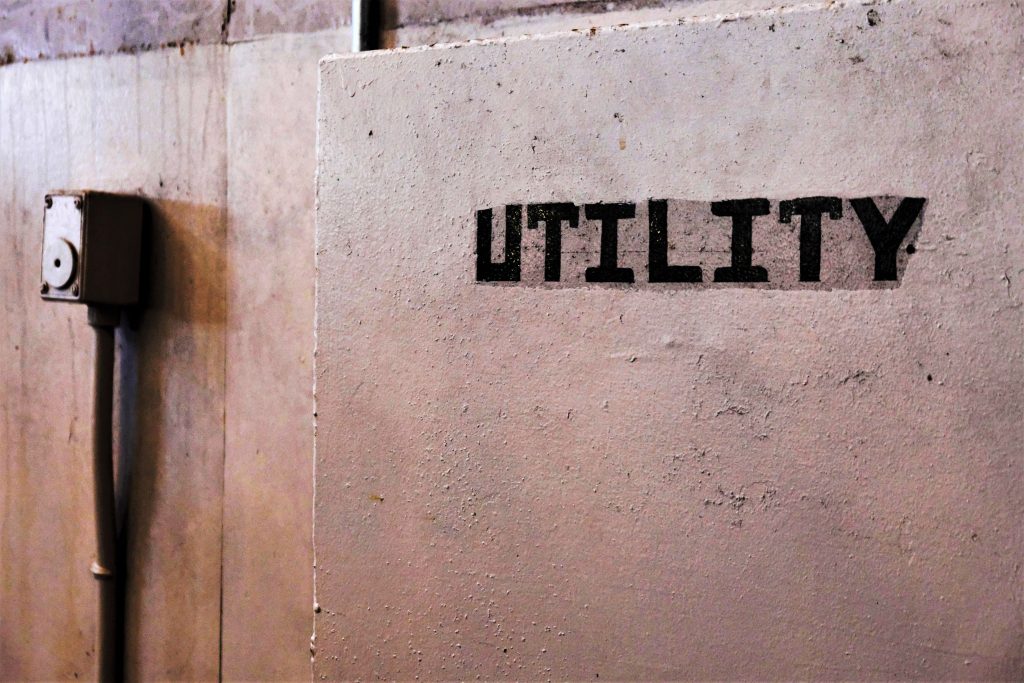
A utility’s sole purpose isn’t to buy as much solar as they humanly can afford. Their purpose to ensure uptime across the grid and service all of their customers while making money and dealing with regulatory checks and balances.
How Local Towns & Cities Could Be The Best Early Adopters Of Microgrids
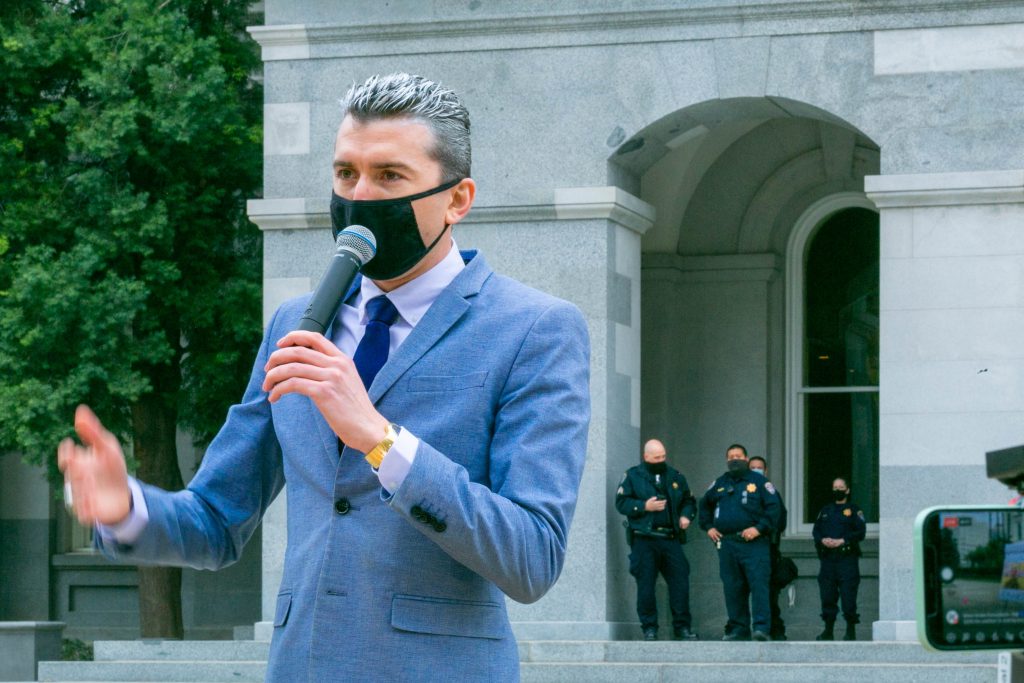
While microgrids and distributed energy resources (DERs) have picked up in popularity over the past few years within a small, yet vocal audience of energy infrastructure enthusiasts – like myself – it has demonstrated slow adoption.
What Is The Cost Of Innovation In Energy?
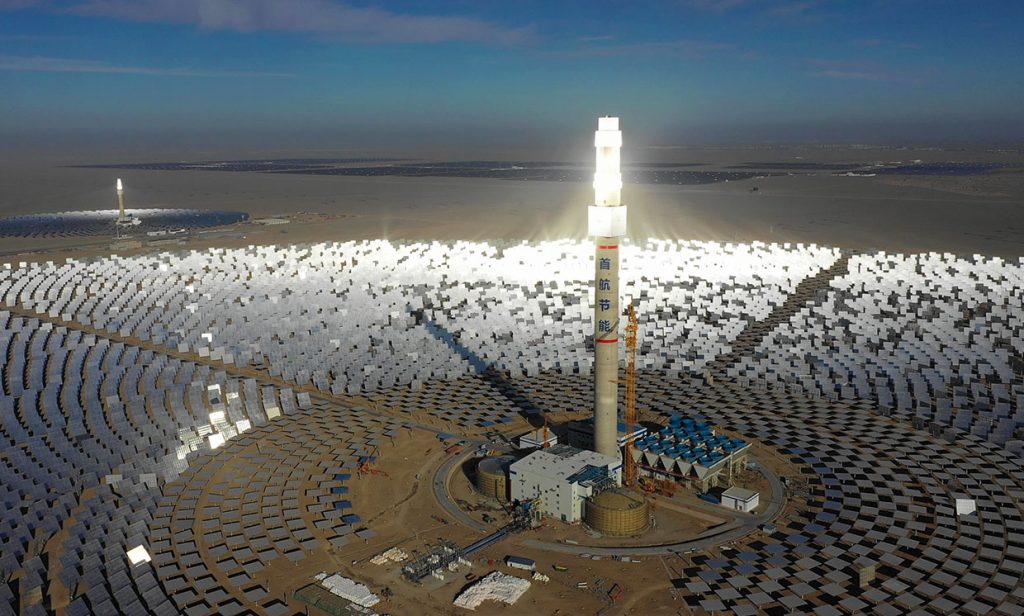
the DOE loaned Tonopah Solar Energy LLC $737 Million to fund its solar thermal plant in Nevada. Sadly, Tonopah filed for bankruptcy while still owing the government $425 M on its loans
